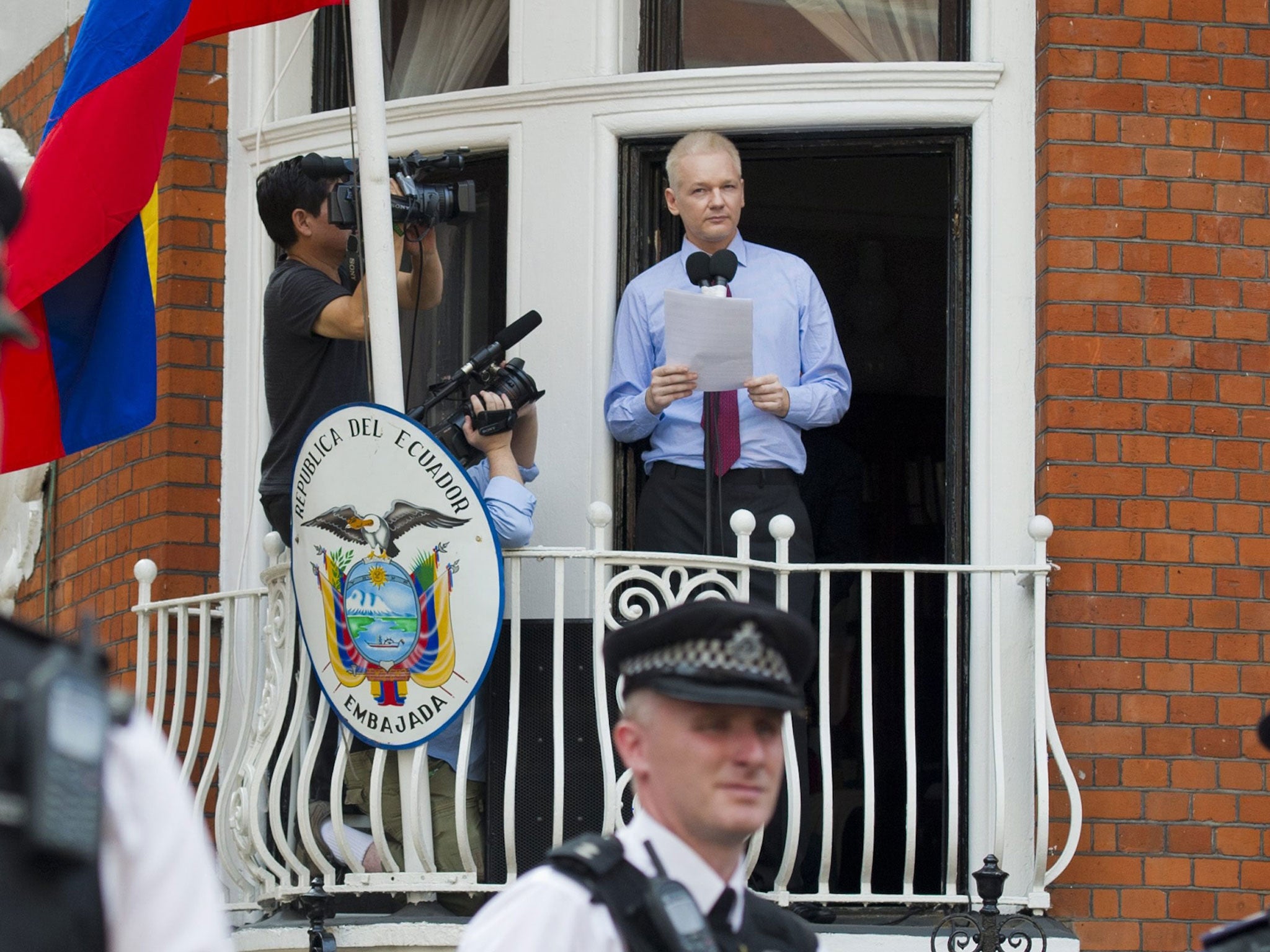When Google Met Wikileaks by Julian Assange, book review

Among the pioneers of the dark net was a character named “Proff”, who became an outspoken member of the cypherpunk mailing list around 1993. Proff was “a gifted young Australian called Julian Assange”, no less. In When Google Met Wikileaks, Assange makes a case for the dark net by suggesting that the open web site we all know best has sinister intentions. “Nobody wants to acknowledge that Google has grown big and bad. But it has,” he says.
The eccentric Wikileaks founder is holed up in the Ecuadorean embassy in London, where he has political asylum, but the action here takes place in the rural surroundings of Ellingham Hall in Norfolk, where he gave an interview to Google executive chairman Eric Schmidt in June 2011 while under house arrest fighting extradition to Sweden. The conversation coincided with Arab Spring uprisings, anti-capitalist protests and Wikileaks continuing to anger the United States by releasing diplomatic cables online.
This is a settling of scores. Schmidt and Google colleague Jared Cohen used the interview in their co-authored book The New Digital Age, which Assange claims “misrepresented my words”. So the Australian has set out a transcript of the exchange, alongside an account of what he has since learned of Google and its intentions.
The transcript reveals how Assange responded helpfully to Schmidt’s questions about Wikileaks and its security (“Do you end up on the phone a lot?”, “I assume you can do email?”). At times the exchanges are comic, such as when Schmidt refers to the dark net’s Tor as “Thor” and Assange quips: “And Odin as well”. The atmosphere is friendly enough for Assange to ask Google to leak him any sealed US government orders for information on Wikileaks. Schmidt promises to speak to company lawyers.
But having believed Schmidt to be “a brilliantly but politically hapless Californian tech billionaire”, Assange concedes “I was wrong”. He had not appreciated the Google chief’s relationship with the US government, including the National Security Agency (NSA). The penny dropped when Wikileaks formally warned the State Department of its publication of cables and received an email response from Lisa Shields who, as Schmidt’s partner, attended the Ellingham Hall interview. “At this point I realized Eric Schmidt might not have been an emissary of Google alone,” claims Assange.
He acknowledges that the Internet giant began with a “decent, humane and playful culture” and is still widely-seen as “a magical engine”.
But after reading The New Digital Age he decided that Google’s aim was to “position itself as America’s geopolitical visionary”. Angry, he wrote a disparaging review in the New York Times headlined “The Banality of Don’t Be Evil” (after Google’s ‘Don’t Be Evil’ slogan). Four days later, Snowden made his revelations of the NSA’s accessing of Google data.
At the end of the Norfolk interview, Assange tells Schmidt he is engaged in “a very old struggle between opportunists and collaborators”. Three years later, having decided that the man he was talking to is on the other side of that contest, he concludes: “If the future of the Internet is to be Google that should be of serious concern to people all over the world.”
Join our commenting forum
Join thought-provoking conversations, follow other Independent readers and see their replies
Comments